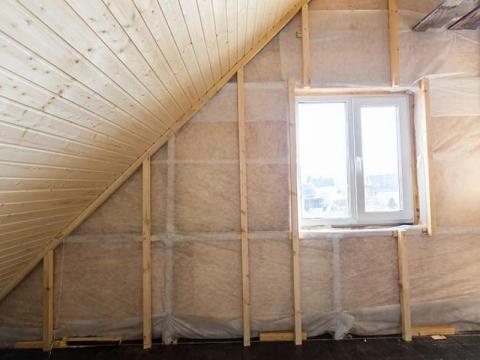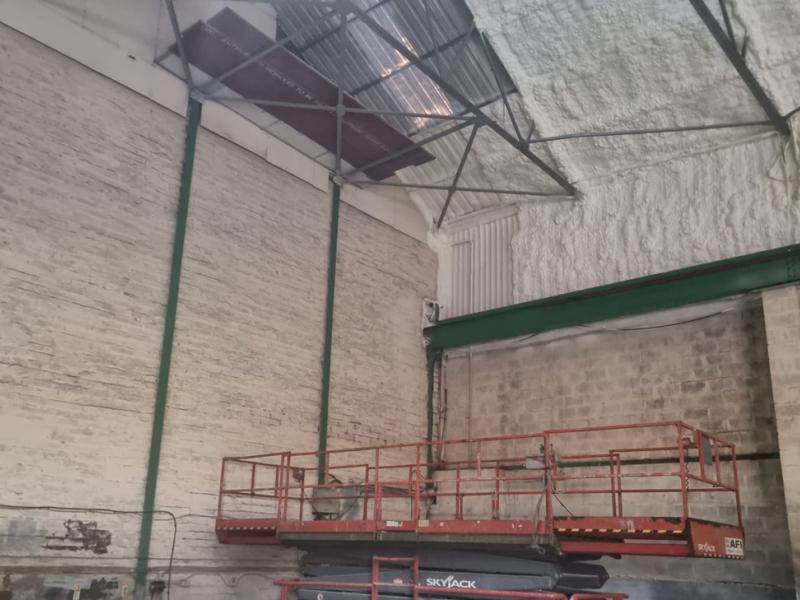Benefits of Agricultural Insulation
Almost any agricultural building can benefit greatly from polyurethane sprayed foam insulation.
Besides delivering superb thermal insulation properties, foam spray insulation (when applied externally to roof areas) also seals, waterproofs and weatherproofs older roofs, resolving problems with leaks and enhancing the lifespan of older structures.
Most agricultural insulation requirements are satisfied by BS476 Part 7 Class 1 rating for surface spread of flame, however a Class 0 fire rating is available upon request.
Irrespective of the agricultural building’s use, spray foam is one of the quickest, easiest and least disruptive ways to attain optimum insulation. Since the foam is applied using a spraying technique, it seals all gaps in the building’s structure, creating an uninterrupted insulation layer over the area treated. Spray foam is therefore far more efficient than more tradition insulation methods. It also makes temperature control within areas used for livestock housing, crop or feed storage far more efficient, helping your fuel economy.
Moreover, thermal bridges and condensation problems may be totally eliminated when spray foam is applied directly to agricultural buildings’ roofs.
When insulating any agricultural building, sprayed foam insulation delivers a wider range of benefits: It can be applied easily even in hard to access areas; it adheres to almost any surface; it is vermin-resistant; no cutting or fixing is required; it negates condensation permanently; and it allows greater thermal control, thus reducing fuel bills.
From protecting crops from winter frosts to lowering livestock food consumption, spray foam insulation is the ideal agricultural solution. It also offers a swifter, simpler and more cost effective alternative to replacing ageing roofs with composite panelling, without compromising weatherproofing performance.
When applied to the underside of an agricultural building’s roof, spray foam spreads to create a continuous layer, helping support load bearing. Problems with breakages caused by impact damage are far more unlikely, and the roof’s lifespan is significantly enhanced.
External application together with a specialist coating (one application) creates a sealed, waterproof roof that will insulate effectively and withstand all extremes of weather for many years to come.
Spray foam insulation will adhere to and seal most agricultural building materials including steel, tin, aluminium, asbestos, fibre cement, brick, plastic, stone, slate, concrete and tile surfaces.
Defined areas or an entire structure may be insulated to suit. Agricultural buildings’ walls, ceilings, partitions and floors may also be insulated using the spray foam technique.
Please contact Metropolitan Insulation Services for more details.


























